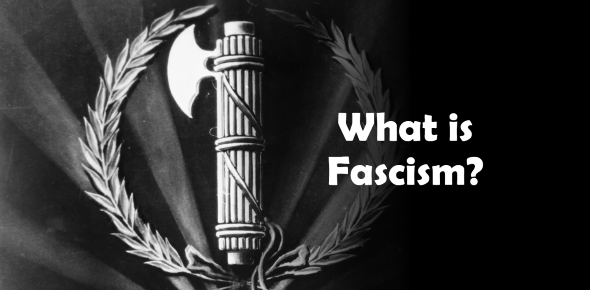
6:00pm-7:00pm on Thursday 20 March
Little Hall, Sidgwick Site, CB3 9DA
Fascism was the most consequential political invention of the twentieth century. Its challenge to the liberal, capitalist order of Europe was more momentous – and murderous – than that of communism. The terror and destruction unleashed by the major fascist regimes have left an indelible mark on the course of modern history and our collective memory. The symbols and imagery of fascism remain instantly recognizable, while its ideas have seen a remarkable renaissance in the past twenty years.
Despite this enormous impact, fascism has proved strangely elusive as an object of historical analysis. Since 1945, it has been frequently explained away as a political pathology: a horrific, but fleeting deviation from Europe’s path to modernity.
This lecture takes fascism seriously. It looks closely at the core myths at the heart of fascist ideology, offering probing explanations for its emergence, resurgence and its continuing appeal.
Martin A. Ruehl is Professor of German History at the University of Cambridge. His research concentrates on the ideas and ideologies that shaped German society in the period between Bismarck and Hitler, in particular the philosophy of Friedrich Nietzsche and its reception since the 1890s. He has published books and articles on Nietzsche, Burckhardt and Thomas Mann. His monograph The Italian Renaissance and the German Historical Imagination, 1860-1930 (Cambridge 2015) was shortlisted for the Gladstone History Book Prize of the Royal Historical Society. He is currently writing a book on German debates about free and unfree labour, from the Enlightenment to the 1960s.

